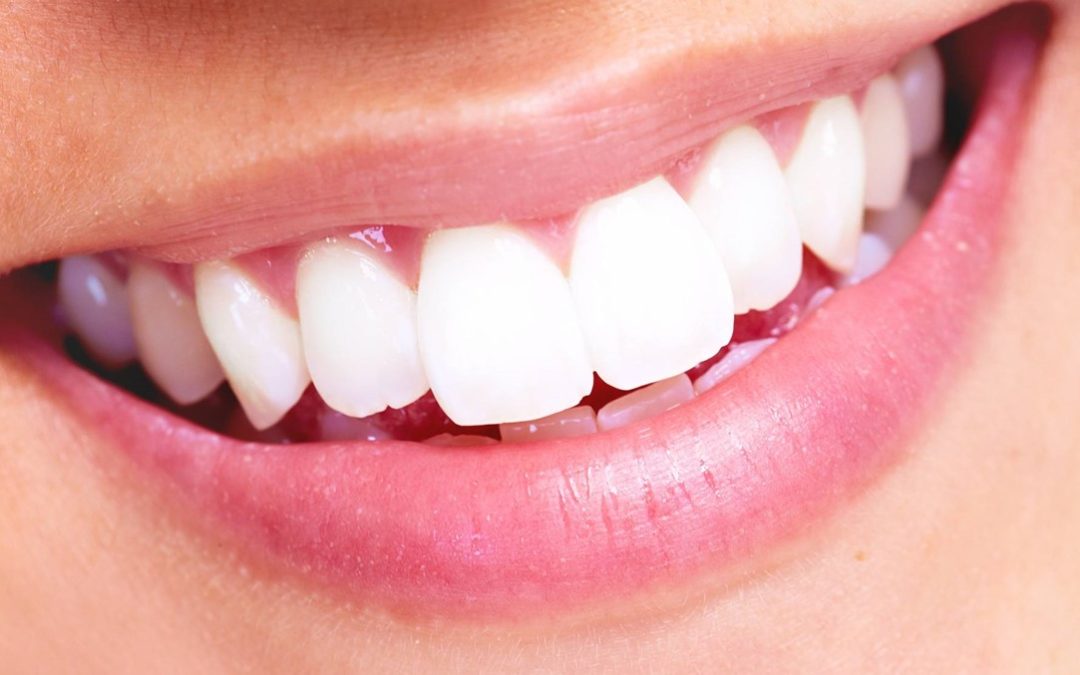A white smile is a desirable trait but something many people struggle to attain. Even if you adhere to a strict dental hygiene routine, you may be dissatisfied with the whiteness of your teeth.
It can be easy to turn to seemingly simple do-it-yourself fixes at home. These DIY treatments are tempting because they promise to be cheap solutions that produce amazing results. However, they are often ineffective and potentially damaging to your teeth’s health. We will discuss the dangers of specific DIY teeth whitening methods and why you should leave this type of treatment to the professionals.
What Causes Discolouration?
First, it helps to know what causes discolouration to know what your whitening methods are up against. A number of factors can lead to the yellowing and discolouration of your teeth. The consumption of beverages like red wine, coffee, green tea, and lemon juice or the exposure to fluoride in excessive amounts could all be the causes of less-than-white teeth. Lifestyle habits like smoking or falling behind on your oral care routine can also discolour your teeth.
Whitening solutions must contend with all these factors—not just the colour of your teeth but your habits, too. Here are some of the most damaging tooth whitening solutions that people commonly use:
Whitening Strips
This is probably the most common method of at-home teeth whitening. These strips are sold by reputable brands and are easily accessible. The strips are usually made from a gel containing hydrogen peroxide, which combines with moisture in your mouth to produce urea that breaks up stains on your teeth.
The excessive use of whitening strips and their harsh chemicals will result in damage to and an increased sensitivity of your teeth and gums. If this isn’t reason enough to avoid whitening strips, you should also know that they often won’t get into the crevices of your teeth. This can leave your teeth various shades of white and yellow.
Over-the-Counter UV Kits
Teeth whitening kits that involve the use of ultraviolet rays are sold over-the-counter at drugstores. While they claim to be safe for at-home use, research has shown that these treatments can result in nerve damage, the shrinking of gums, toothaches, and infections of the mouth. Stomach damage and irritation to the skin surrounding the mouth also have been noted as possible consequences over-the-counter UV radiation treatments.
Research conducted on the negative effects of ultraviolet rays has caused this practice to become increasingly avoided even in professional environments. It’s best to avoid this method altogether, especially when completing it yourself at home.
Sodium Bicarbonate Toothpaste
Some people have been opting to use sodium bicarbonate toothpaste as an alternative to regular toothpaste. Sodium bicarbonate toothpaste contains baking soda, which leaves teeth noticeably whiter.
One of the main reasons sodium bicarbonate toothpaste has become popular is that it lacks fluoride. Fluoride has become a controversial ingredient in recent years as people have begun to link it to negative effects on health, such as a correlation to thyroid problems and osteoporosis.
To put you at ease: fluoride is a naturally occurring mineral. It’s essential to oral health, which is why it’s present in a lot of toothpastes on the market. Fluoride strengthens the enamel of your teeth and prevents their overall decay. Fluoride, when used properly and avoided in excess, will enhance your oral health.
Sodium bicarbonate toothpastes, despite their whitening power, are more abrasive than normal toothpastes. They can wear down your enamel instead of strengthening it. The weak state of your enamel will make you more susceptible to dental cavities.
Those who wear braces should especially avoid sodium bicarbonate toothpastes. The baking soda present can weaken the adhesive of permanent dental fixtures. This can delay the process of teeth correction and result in wasted time and money.
In the best interest of your long-term dental health, you might want to avoid the regular use of sodium bicarbonate toothpastes.
Trust Your Teeth with a Professional
After reading about the dangers of DIY teeth whitening for yourself, you should always consult a professional before taking matters into your own hands.
Contact the team at Dentrix DentalCare to get the white teeth you deserve!

